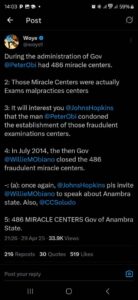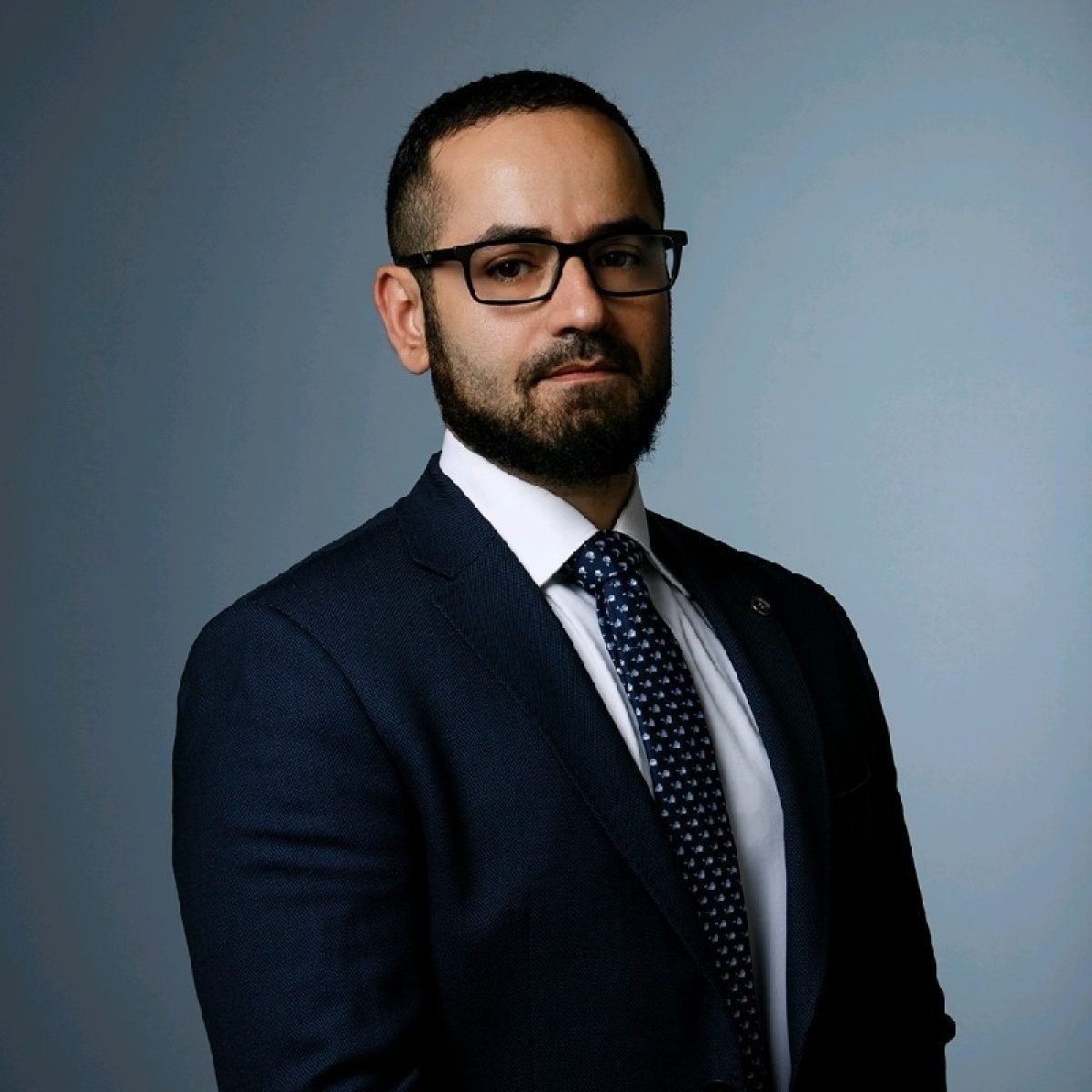Flashback: How Peter Obi Established 486 Exams Malpractice Centers



A renewed controversy has emerged on social media regarding the existence of 486 so-called “miracle centres” during the administration of former Anambra State Governor, Mr. Peter Obi.
A viral tweet by political commentator Woye (@woye1) alleges that these centres, widely associated with examination malpractice, operated under Obi’s watch and were later shut down by his successor, Governor Willie Obiano, in 2014.
In the tweet posted on April 29, Woye described the centres as “exams malpractices centres,” claiming that the administration of Peter Obi “condoned the establishment” of such institutions.
He further called on Johns Hopkins University to shift its academic interest toward inviting former Governor Obiano and current Governor Charles Soludo to speak about educational reforms in Anambra State.
“During the administration of Gov @PeterObi had 486 miracle centers,” the tweet read. “Those Miracle Centers were actually Exams malpractices centers… In July 2014, the then Gov @WillieMObiano closed the 486 fraudulent miracle centers.”
The term “miracle centres” refers to rogue exam centres where candidates allegedly pay to receive external assistance or engage in other forms of academic dishonesty during public examinations such as WAEC and NECO.
Though the issue had been reported back in 2014, the resurfacing of the claim has gained fresh momentum amid ongoing political debates, especially given Peter Obi’s current prominence in Nigeria’s political landscape. Obi has yet to publicly respond to the allegations made in the tweet.
Governor Willie Obiano, who succeeded Peter Obi in 2014, was credited at the time for launching an aggressive education sector reform campaign aimed at restoring credibility to the state’s examination process.
The closure of the alleged centres was seen as a bold step toward improving the quality of education in Anambra.
As the tweet continues to generate public discourse, education stakeholders have urged for more evidence-based analysis rather than politically charged commentary, emphasizing that examination malpractice is a national issue that transcends party lines and administrations.








